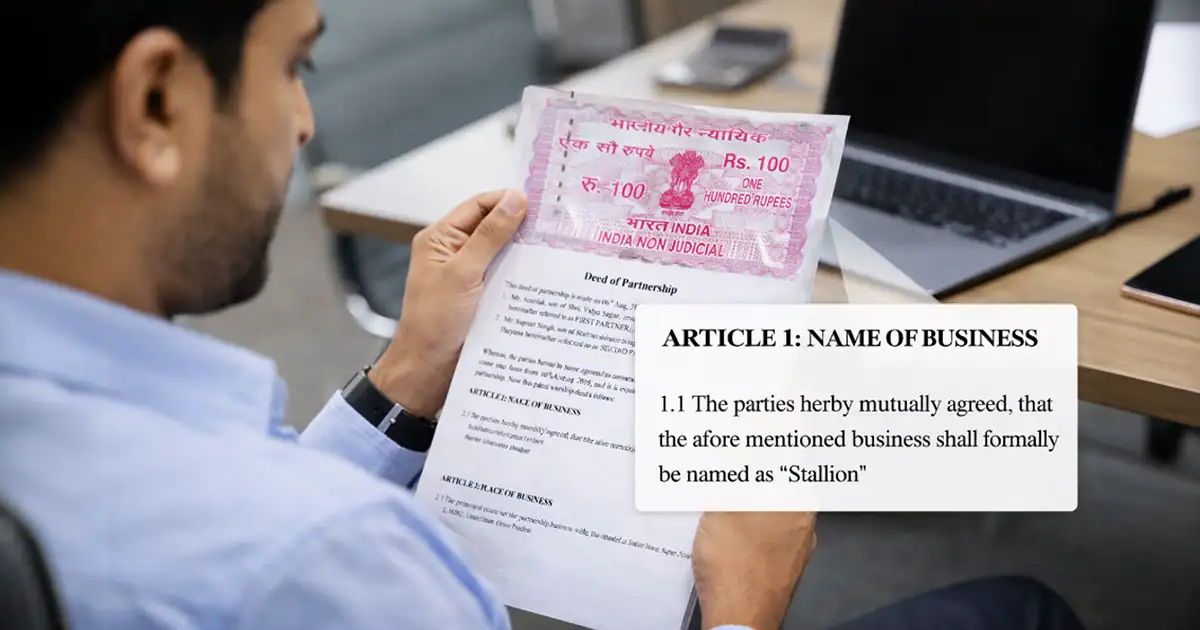Ensuring product safety for children is paramount. In India, the Bureau of Indian Standards (BIS) enforces this through mandatory BIS certification for toys, a requirement that ensures all toys in the market meet specific quality and safety standards.
This certification helps protect children from potential hazards associated with unsafe toys, such as choking, strangulation, or exposure to harmful chemicals.
Understanding the Toys (Quality Control) Order, 2020
The Government of India introduced the Toys (Quality Control) Order, 2020, to ensure that only safe and high-quality toys are available in the Indian market. This order made BIS Certification mandatory for all toys intended for children under the age of 14, whether manufactured domestically or imported.
Key Highlights:
- Enforced by the Department for Promotion of Industry and Internal Trade (DPIIT) under the Ministry of Commerce and Industry.
- Effective from January 1, 2021.
- Applies to both domestic and foreign manufacturers intending to sell toys in India.
- Toys must carry the ISI Mark, signifying BIS certification and compliance with Indian Standards.
- Covers both electrical/electronic toys and non-electronic toys under specific standards.
Why is BIS Certification Mandatory for Toys in India?
The BIS certification is not just a legal requirement; it is a critical safety measure aimed at protecting children from potentially dangerous and low-quality toys.
Primary Objectives
- Ensure Child Safety: Protect children from risks related to choking, sharp edges, toxic materials, and electrical hazards.
- Standardized Testing: Toys are tested against safety parameters, including mechanical strength, flammability, chemical content (like lead and phthalates), and electrical safety for battery-operated toys.
- Prevent Import of Unsafe Toys: Blocks the entry of substandard, non-compliant, or counterfeit toys into the Indian market.
- Promote Fair Trade: Encourages ethical manufacturing and fair competition.
- Boost Consumer Trust: Helps parents make informed, safe purchasing decisions.
- Support 'Make in India': By ensuring locally made toys meet high safety standards, the certification strengthens the reputation and global credibility of Indian toy manufacturers.
The Role of the Bureau of Indian Standards (BIS) in Toy Safety
The Bureau of Indian Standards (BIS) plays a central role in ensuring that only safe and quality-compliant toys reach Indian consumers.
BIS Responsibilities Include:
- Formulating Indian Standards (IS) for toys (e.g., IS 9873 Part 1 for mechanical and physical properties).
- Testing & Certification: Conducts inspections, product testing, and factory audits.
- Licensing: Grants licenses to manufacturers that meet all BIS compliance criteria, authorizing them to use the ISI Mark.
- Factory Surveillance: Regular monitoring of certified manufacturers to maintain consistent quality.
- Regulation of Imports: Foreign manufacturers must obtain BIS certification via an Indian Authorized Representative (AIR).
- Public Awareness: Promotes education on safe toy use and the importance of certified products.










